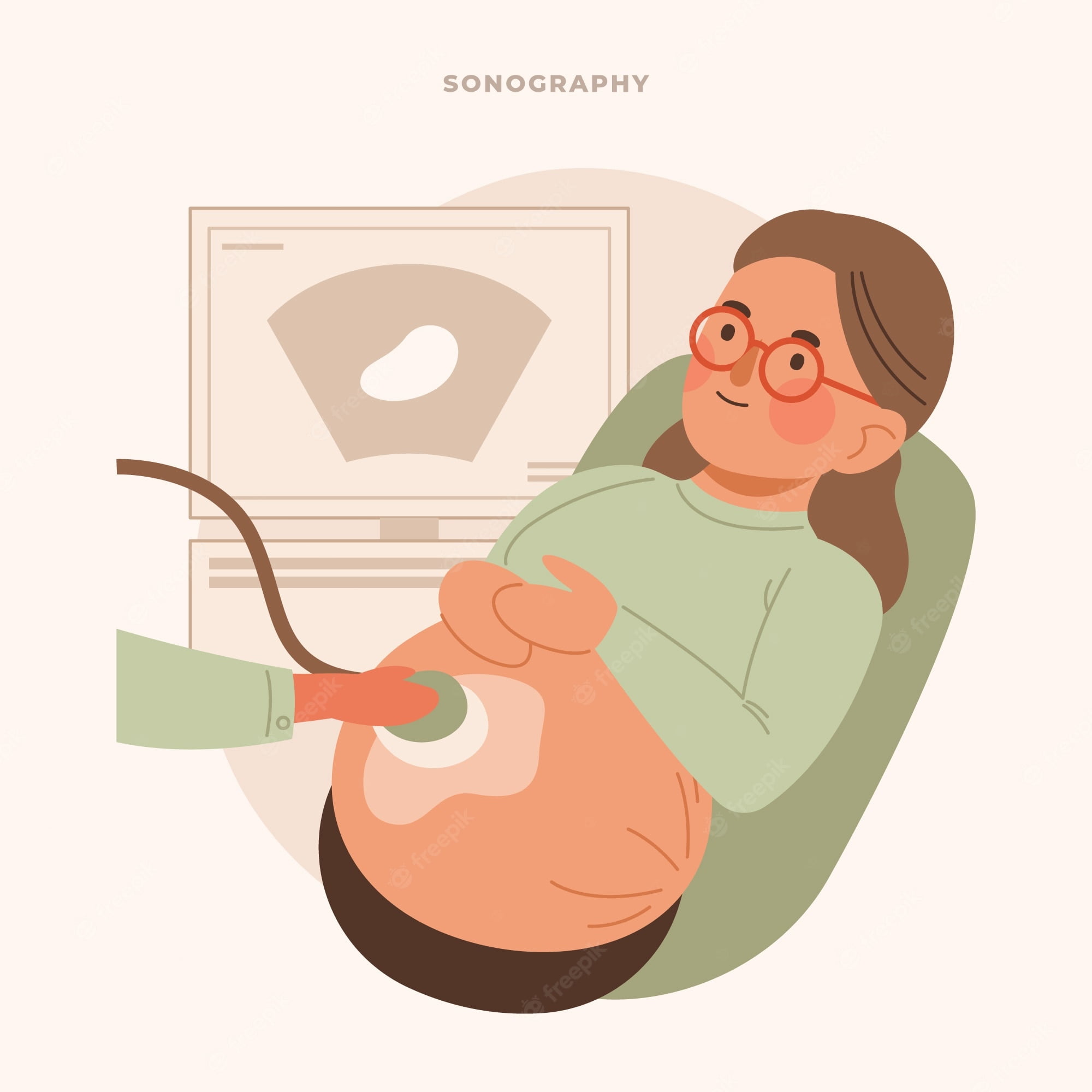
Contents
Introduction
Polycystic Ovary Syndrome, commonly known as PCOS, is a complex and prevalent medical condition that affects millions of women worldwide. One of the significant concerns associated with PCOS is its potential link to ectopic pregnancy. In this article, we will delve into the intricacies of PCOS, explore what ectopic pregnancy entails, and discuss the possible connections between the two. Let’s embark on this journey of understanding these two important aspects of women’s health.
What is PCOS?
Polycystic Ovary Syndrome (PCOS) is a hormonal disorder that primarily affects women of reproductive age. It is characterized by irregular menstrual cycles, excess androgen hormones, and the formation of small cysts on the ovaries. PCOS can lead to various complications, including fertility issues, which will be discussed further in this article.
The Basics of Ectopic Pregnancy
An ectopic pregnancy occurs when a fertilized egg implants and grows outside the uterus, typically in the fallopian tube. This condition is not only dangerous but also a medical emergency. Ectopic pregnancies cannot develop into a viable pregnancy and may cause severe complications for the mother.
The Connection between PCOS and Ectopic Pregnancy
Hormonal Imbalance
PCOS is primarily characterized by hormonal imbalances, including elevated levels of androgens (male hormones) and insulin resistance. These hormonal irregularities can affect the normal functioning of the reproductive system, increasing the risk of ectopic pregnancy.
Fertility Challenges
Women with PCOS often struggle with fertility issues. Irregular ovulation and the development of ovarian cysts can make it difficult for them to conceive naturally. As a result, many women with PCOS turn to fertility treatments, which can inadvertently increase the chances of ectopic pregnancy.
Delayed Diagnosis
Delayed diagnosis and management of PCOS can lead to a higher risk of ectopic pregnancy. When PCOS-related symptoms, such as irregular periods or pelvic pain, are overlooked, the condition may progress, making early detection and intervention crucial.
The Role of Inflammation
Recent studies have suggested a potential link between chronic inflammation and both PCOS and ectopic pregnancy. Inflammation in the reproductive organs can disrupt the normal implantation process, increasing the likelihood of ectopic pregnancy in women with PCOS.
Managing the Risk
Preventing ectopic pregnancy in women with PCOS requires a proactive approach. Here are some essential steps to consider:
Early Diagnosis and Treatment of PCOS
Timely diagnosis and management of PCOS can significantly reduce the risk of ectopic pregnancy. Women with PCOS should work closely with healthcare professionals to develop a personalized treatment plan.
Fertility Monitoring
For women with PCOS who are trying to conceive, regular monitoring of fertility is essential. This can involve tracking ovulation, hormone levels, and other relevant factors to increase the chances of a healthy pregnancy.
Lifestyle Modifications
Lifestyle changes, including maintaining a healthy weight, regular exercise, and a balanced diet, can help manage PCOS symptoms and reduce the risk of complications like ectopic pregnancy.
Fertility Treatments with Caution
If fertility treatments are necessary, women with PCOS should discuss the potential risks of ectopic pregnancy with their healthcare providers. Monitoring during fertility treatments is crucial to detect any complications early on.
Conclusion
In conclusion, PCOS and ectopic pregnancy are two significant concerns in women’s health. While PCOS can disrupt hormonal balance and fertility, potentially increasing the risk of ectopic pregnancy, early diagnosis and proactive management can mitigate this risk. It is essential for women with PCOS to work closely with healthcare professionals and be aware of the potential complications. By taking these steps, women with PCOS can increase their chances of a healthy pregnancy and reduce the risk of ectopic pregnancy.
FAQs
- Is PCOS a common condition?
- Yes, PCOS is one of the most common hormonal disorders among women of reproductive age, affecting approximately 1 in 10 women.
- What are the symptoms of ectopic pregnancy?
- Symptoms of ectopic pregnancy may include abdominal pain, vaginal bleeding, and shoulder pain. If you suspect an ectopic pregnancy, seek medical attention immediately.
- Can PCOS be completely cured?
- PCOS cannot be completely cured, but its symptoms can be managed with appropriate medical treatment and lifestyle changes.
- Are there any natural remedies for PCOS?
- While there is no cure, some women find relief from PCOS symptoms through dietary changes, exercise, and stress management.
- What is the success rate of fertility treatments for women with PCOS?
- The success rate of fertility treatments for women with PCOS varies depending on individual factors but can be promising with the right medical care and support.




